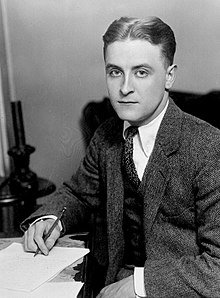In this era of the so-called Robber Barons of the technology industry, one might think of F. Scott Fitzgerald's Great Gatsby. It's a story of hubris, massive and myopic social hubris driven by an equally blind financial hubris, two currents of a mistaken pride that overturned a life to a point beyond redemption.
Some of you may work in the technology industry, some of you may hold stock in the technology industry. All of us benefit from knowing and using it. Even as I write this blog, I am acutely aware that I would not be able to do so without the help of Google and its parent company Alphabet. And I wager that many of you order items from Amazon with some degree of regularity, and appreciate its seemingly efficient service.

Few of us take time to look beneath the surface of the industry. Neither did Gatsby take time to consider the implications of his financial and social success. He just lived in them, repercussions and consequences aside. As do, to a point, many of us. We do not often take stock of how thoroughly dependent we are on industries that, although they proclaim to be making our lives better, rarely do they allow us to stop and deliberate about what "making our lives better" really means. As they define it?
Fitzgerald's enduring masterpiece reminds us that yes, we all appreciate social connections and technological ease, but it also reminds how little we know where they will, in the long run, lead to. How are we to measure the fruits of worldly "success"?
Surely not by the success itself. Because Gatsby valued his world by the values of that world, he fell, badly. As will, unless we look up from our busy lives, we.
Ease of living is not the point. Meaningfulness is bigger than next day delivery.
No comments:
Post a Comment